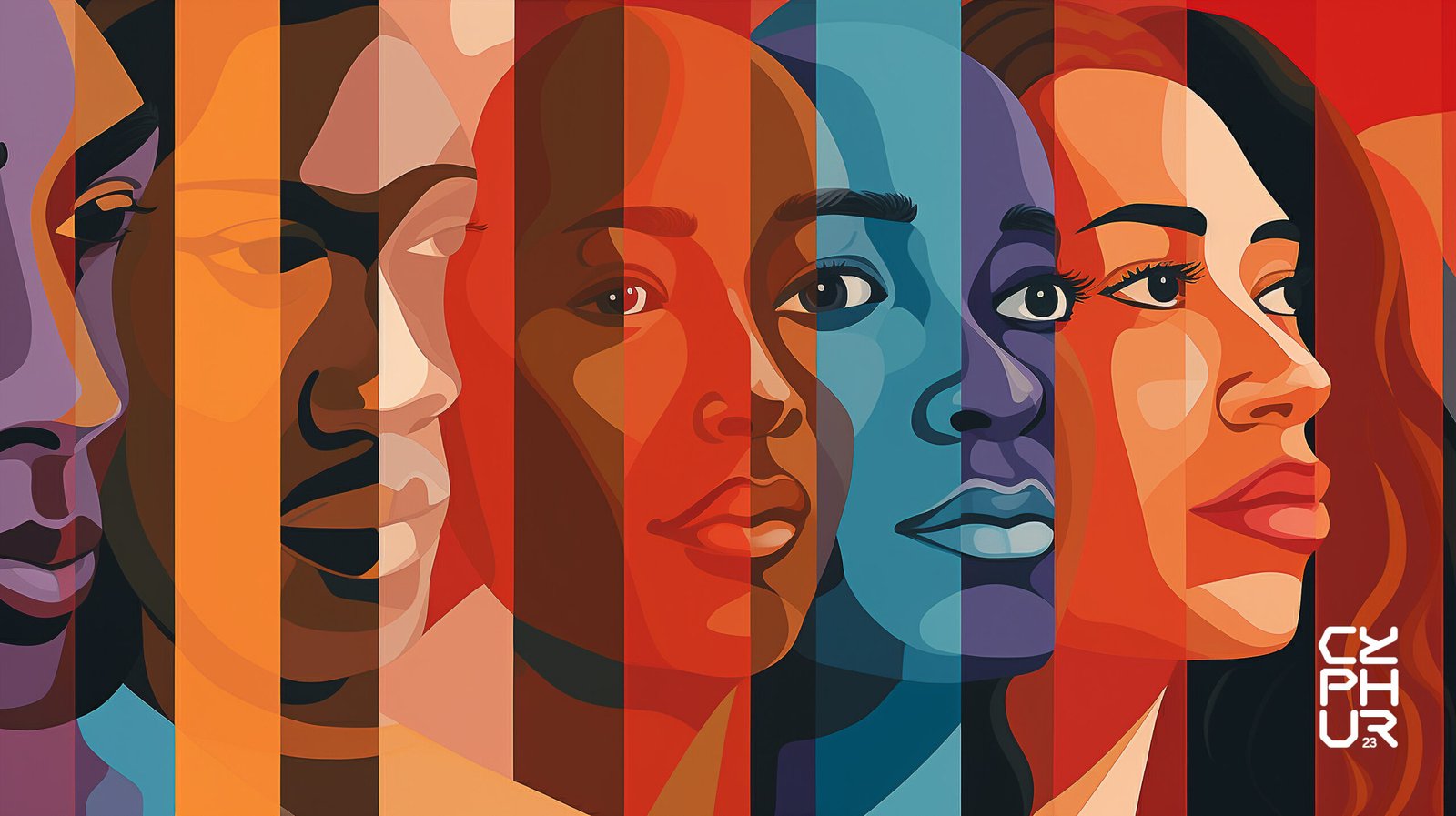The fight for racial equality knows no boundaries. While the struggle for justice has often been examined within national contexts, it is crucial to expand our horizons and explore the global perspectives on this critical issue. This article seeks to broaden the discussion on racial equality by examining the interconnectedness of struggles for justice worldwide and highlighting international efforts for equity and human rights.
Racism and discrimination are pervasive challenges faced by communities across the globe. From the legacies of colonialism and imperialism to present-day systemic biases, racial inequality manifests in various forms, affecting the lives of millions. Understanding these challenges requires recognizing the interconnectedness of struggles for justice and drawing upon the experiences of diverse communities.
In exploring global perspectives, we gain insights into the unique manifestations of racism and the diverse strategies employed to combat it. From apartheid in South Africa to caste-based discrimination in India, from the marginalization of indigenous communities in Latin America to the struggles for racial justice in the United States, each region grapples with its own complexities and nuances. By examining these experiences, we gain a more comprehensive understanding of the multifaceted nature of racial inequality.
Furthermore, recognizing the interconnectedness of struggles for justice helps us forge alliances and find common ground across borders. The fight for racial equality is not confined to individual nations; it is a collective endeavor that transcends geopolitical boundaries. Activists, scholars, and advocates from different parts of the world can learn from one another, sharing strategies, tactics, and lessons learned in the pursuit of justice. Solidarity and collaboration are essential for creating a global movement that challenges the structures of racism and promotes equality.
International efforts for equity and human rights play a crucial role in advancing the cause of racial equality. Organizations such as the United Nations, Amnesty International, and various regional and grassroots initiatives work tirelessly to address racial discrimination and promote human rights worldwide. These efforts range from advocating for policy changes and legal reforms to documenting human rights abuses and supporting marginalized communities. By highlighting these international endeavors, we recognize the importance of a global framework in the fight for racial equality.
As we examine global perspectives on racial equality, it is essential to engage in a nuanced dialogue that respects the unique histories, cultures, and experiences of diverse communities. Recognizing the interconnectedness of struggles does not mean disregarding the specificities of each context; rather, it emphasizes the shared goals and challenges faced by communities worldwide.
Understanding the global perspectives on racial equality is crucial for fostering a comprehensive and inclusive approach to the fight for justice. By recognizing the interconnectedness of struggles, we can build bridges, forge alliances, and learn from the experiences of diverse communities. International efforts for equity and human rights play a vital role in advancing the cause of racial equality. Together, let us strive to create a world where racial justice knows no borders.
